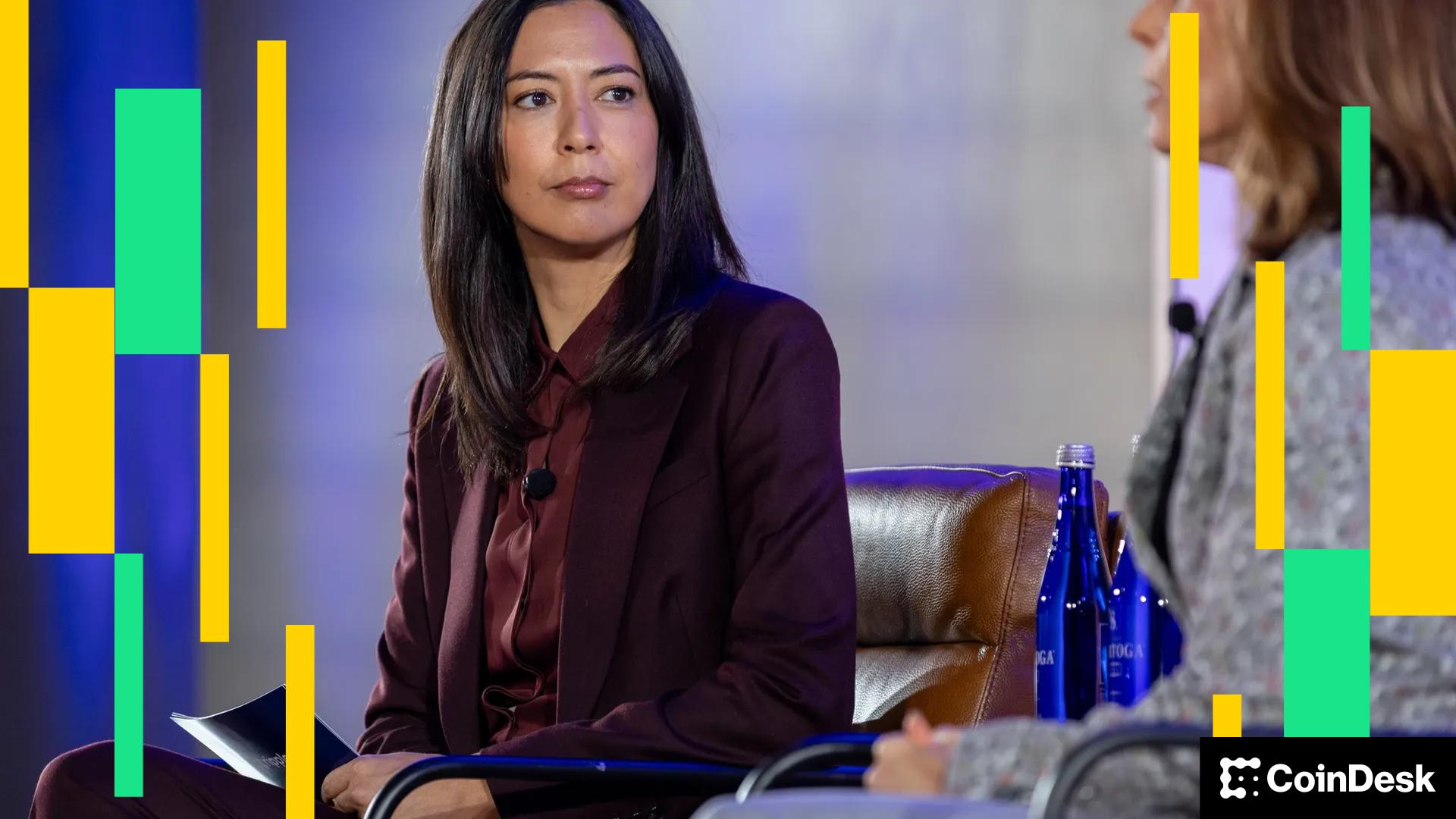Securities and Exchange Commission (SEC) acting president Mark Uyeda has suggested the imaginable instauration of a conditional regulatory sandbox for blockchain-based securities trading.
Uyeda made the remarks during the SEC Crypto Task Force’s 2nd roundtable connected April 11, which focused connected crypto trading platforms. He proposed a time-limited, conditional exemptive alleviation model to enactment continued innovation portion maintaining regulatory oversight.
Such a model would alteration registrants and non-registrants to research blockchain-based trading solutions without afloat regulatory approval, taxable to compliance with defined conditions.
He encouraged marketplace participants to supply input connected however and wherever specified exemptive alleviation could beryllium implemented astir effectively.
Federal model to heighten crypto trading
Uyeda acknowledged that the archetypal integer plus trading platforms were developed extracurricular national jurisdiction, often nether state-level regularisation done wealth transmitter licenses.
This led to a patchwork of regulatory approaches, with immoderate platforms needing up to 50 antithetic licenses to run nationally.
He suggested that an “accommodating national regulatory framework” mightiness streamline compliance for entities offering trading successful some tokenized securities and non-security integer assets.
However, existing national securities laws contiguous barriers to integrating blockchain-based systems into accepted securities markets.
Uyeda cited limitations nether existent rules for broker-dealers and nationalist securities exchanges, peculiarly regarding listing requirements and bid extortion regulations.
Most tokenized securities stay unregistered, making them ineligible for listing connected nationalist exchanges. Further complications originate from the structural differences betwixt accepted and crypto trading platforms.
While accepted exchanges abstracted custody, execution, and clearing, astir crypto platforms are vertically integrated entities that harvester these functions.
Uyeda noted that the national securities laws did not expect technologies specified arsenic blockchain oregon astute contracts performing roles typically reserved for transportation agents oregon clearinghouses.
Despite these challenges, Uyeda recognized the operational advantages distributed ledger exertion offers. He highlighted blockchain’s imaginable for real-time collateral management, greater superior efficiency, and continuous trading via decentralized protocols.
He added that these features could connection execution and clearing benefits not contiguous successful bequest systems.
The station SEC acting seat signals enactment for regulatory sandbox to facilitate crypto trading innovation appeared archetypal connected CryptoSlate.

 6 months ago
6 months ago









 English (US)
English (US)